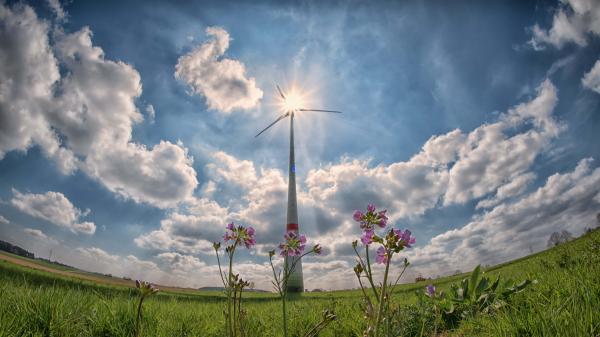Battery storage systems in Germany will scale new heights over the next decade as renewable energy developers become increasingly reliant on the technology, says a new study.
Analysis by the Mannheim-based Centre for European Economic Research (ZEW) shows the vast majority of energy market experts in Germany believe capacity requirements of energy storage systems “will continue to rise”.
ZEW’s latest Energy Market Barometer— a twice-yearly study— concluded “batteries and heat accumulators are set to play a particularly prominent role”.
Survey respondents “saw the greatest potential for development in battery storage and heat accumulators, with 70% anticipating that batteries will experience the greatest increase in storage capacity over the next 10 years”, ZEW said.
Some 47% of respondents thought the same was likely to happen with heat accumulators. However, 62% of survey respondents thought lack of public investment risked being “the greatest obstacle to the more widespread use of storage technologies”.
ZEW researcher Dr Wolfgang Habla said: “The fact that the experts are expecting a considerable expansion in the capacity of battery storage solutions could be due to the fact that batteries can be deployed relatively flexibly and can easily be scaled up or down. In addition, their use in other sectors than those previously mentioned, such as in the entertainment or automotive industry, could result in significant cost reductions.”
But Habla said no respondents expected any further development of flywheel generators or magnetic storage systems— where “technology and cost seem to be the main issues” restricting their use.












